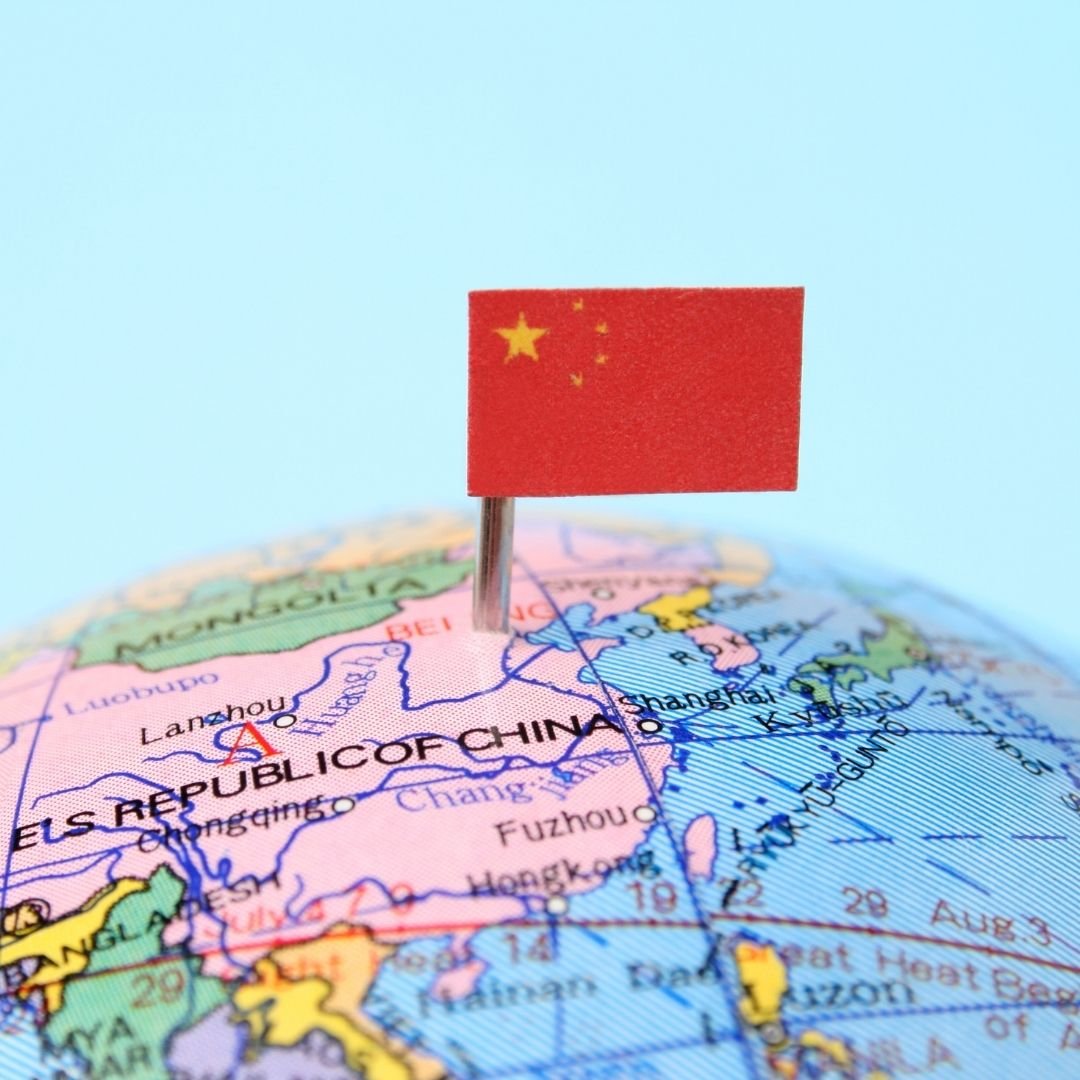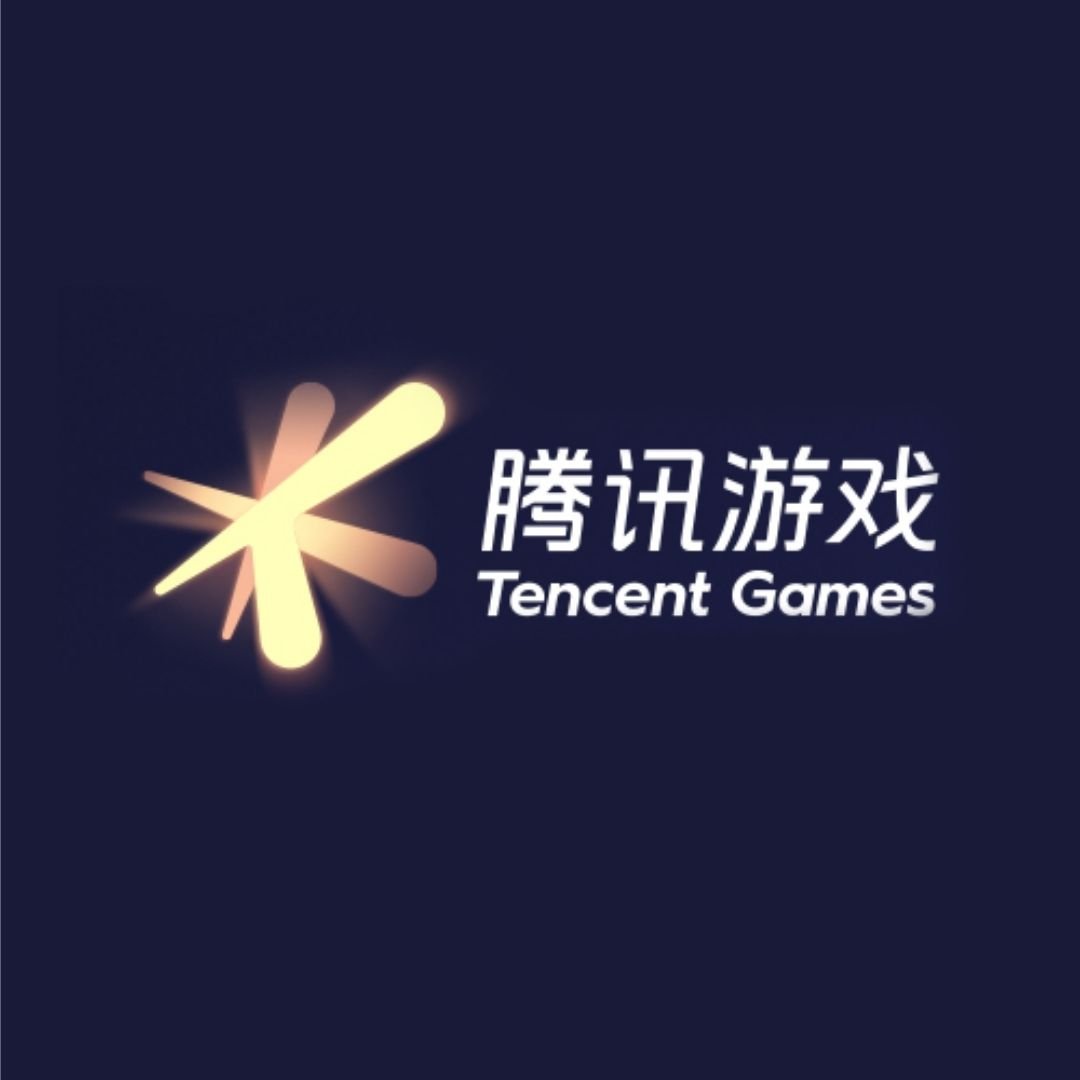This was a really interesting post (Chinese) from LatePost, a very well regarded digital media initiative from Caijing magazine. They do mostly investigative, deep dives, and today’s was on Community Group Buying (CBG). Again, we did a podcast episode (Ep. 80) on the topic, and you should definitely check it out. The TL;DR? It’s a must-win market for the internet giants in China because it’s the largest TAM (highest number of users x highest frequency x lowest ecommerce penetration). Significantly, it is also mostly in rural China (urban China having many well-developed options already), where users are still relatively new to the digital lifestyle and have a lot more digital consumption to go.
The first part talks about how Xingsheng, one of the leading standalone CGB startups that just received a $700mm cash infusion from JD, was well on its way to becoming a category leader until the big guns — Alibaba, Pinduoduo, Meituan, Didi — all dove in and quickly overtook them. An oft-echoed sentiment is “if the internet giants only came in half a year later … we might have been able to run away with it just like Pinduoduo.” (Pinduoduo and ByteDance are the two of the most admired startups in China for this reason — that they were able to carve out a path to hundreds of billions of dollars of value despite having the giants breathe down their necks.)
LatePost claims that most of the industry insiders they interviewed believed that CGB will become a few winners take all market, with strong regional characteristics, with small startups having a much lower chance of survival because it is even more dependent on offline operations vs. the ride hailing and food delivery wars of yore. As far as the giants are concerned, the startups aren’t even competition.
A few interesting points –
Meituan and Alibaba were very thorough with their due diligence of the sector. They spoke to every major player. However, what really drove them to decide to dive head in themselves was COVID-19. Grocery e-commerce was seeing 10x growth in just a few months. So by April, Didi was sending folks to pilot in Chengdu, and Pinduoduo was doing the same in August.
Quickly, the startups discovered that the giants have a lot of money. A LOT of money.
-
They would hire 10x the staff (Didi hiring 300 offline salespeople in Chengdu vs. 2-30 for a startup).
-
They could pay at least double, up to 7x (base pay is often $1000/mo to start, so giants start off with $1000 base + $1000 bonus, and can be a lot more).
-
With the huge capital, infrastructure such as warehouse is also often 10x the size (20K sqm vs. 2K).
But it’s not all bad news for the startups. Money doesn’t solve everything. Relationships still mean a lot in these rural areas. For players like Xingsheng, who have been around a while, they still have some deep relationships they can count on, group leaders who have been with them a while, and who have cultivated / recruited a bunch of newer leaders below them, forming a vast web of personal loyalties. For this reason, Xingsheng is more focused on defending its existing territories, even pulling out of newer areas that the giants are attacking more fervently.
Xingsheng is Team Tencent now, and Nice Tuan is Team Alibaba. These two may make it, but it’s looking dicey for the rest, though of course the entrepreneurs are as optimistic as ever — “I will out execute them!”
My opinion? I’ve been Team Meituan since the beginning because I believe Wang Xing sees this opportunity clearly and his team has the necessary operational experience to make this happen (this is a lot closer to food delivery than ride hailing). So determination + experience. I’m less convinced it is as do-or-die for the other players as it is for Meituan and Pinduoduo. However, Pinduoduo’s success is from online gamification, which is only half the puzzle here. I do have to add that I may be biased because I am a big Wang Xing fan. Surely you catch me retweeting him often on Twitter.
Questions for you:
1. Do you think the standalone CGB startups have a chance? Or do you think the giants will crush them, because of many of the reasons stated above?
2. How much will it cost? One industry insider quoted $20Bn. I’m not sure what is the right math to work out here, but a better question might be, will this be more or less expensive than online (longform) video?
3. Will there be more Pinduoduos & ByteDances? Or are they the last of their kind, since the internet giants, having seen what happens when they do not take a new opportunity seriously, will never let such a chance slip through their fingers again.




